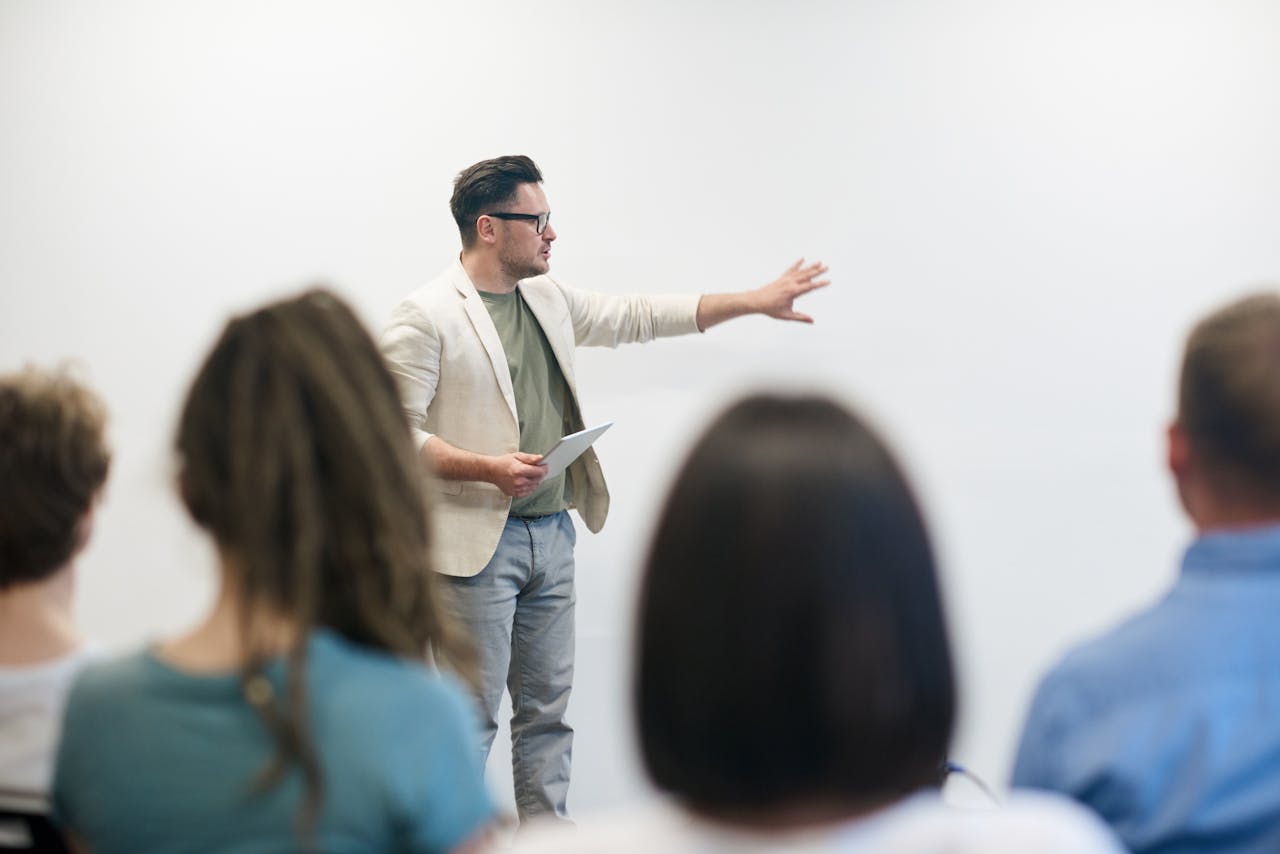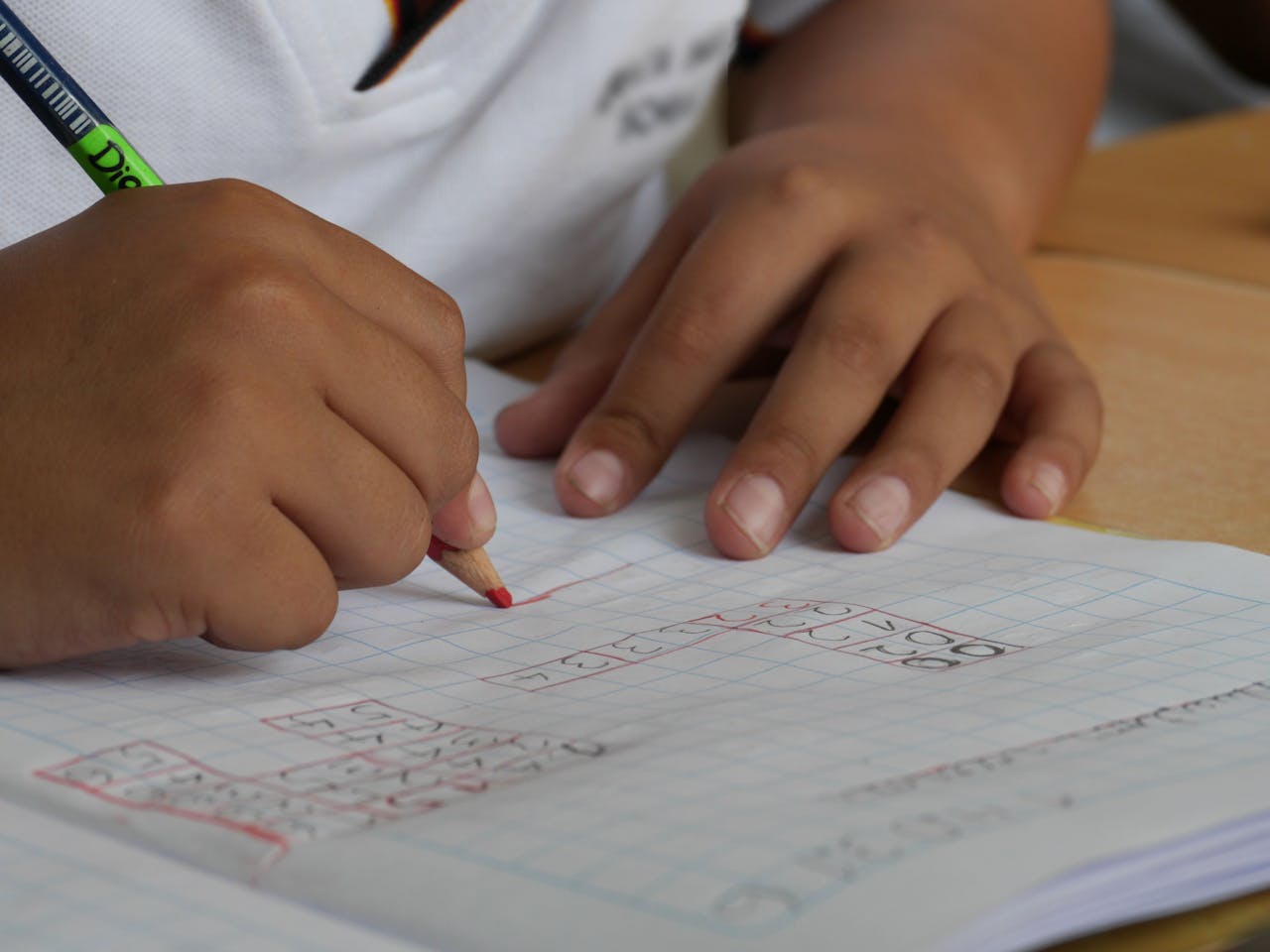The Role of Paraprofessionals and Support Staff in Special Education
In the landscape of special education, paraprofessionals and support staff play crucial roles in ensuring that students with disabilities receive the education and support they need to thrive. These professionals work alongside teachers and specialists, creating an inclusive environment that fosters learning, development, and personal growth. This article explores the essential functions of paraprofessionals and support staff in special education, their responsibilities, and the impact they have on students and the educational system.

Understanding the Roles
Paraprofessionals
Paraprofessionals, often referred to as teacher aides or instructional aides, provide direct support to students with disabilities in various educational settings. They assist with academic tasks, help implement individualized education plans (IEPs), and ensure that students can fully participate in classroom activities.
Support Staff
Support staff encompasses a broader range of professionals, including occupational therapists, speech-language pathologists, school psychologists, and counselors. These individuals work collaboratively to address the diverse needs of students, providing specialized services and interventions.
Key Responsibilities
Academic Support
Paraprofessionals help students with disabilities access the curriculum by providing one-on-one or small group instruction. They assist with lessons, reinforce concepts taught by teachers, and adapt materials to suit individual learning styles. This tailored support is vital for enhancing students’ academic performance and confidence.
Behavioral Support
Many students with disabilities face behavioral challenges that require additional support. Paraprofessionals and support staff implement behavioral intervention plans, using positive reinforcement strategies to encourage appropriate behavior and improve social skills. Their presence can create a more structured and supportive learning environment.
Communication Facilitation
Effective communication is essential for students with speech or language impairments. Support staff, such as speech-language pathologists, work directly with these students to develop communication skills and assist in implementing alternative communication methods, such as sign language or communication devices.
Personal Care and Mobility Assistance
For students with physical disabilities, paraprofessionals often provide personal care assistance, including help with mobility, personal hygiene, and other daily tasks. This support ensures that students can participate fully in school activities and fosters independence.
Collaboration and Teamwork
Working with Teachers
Paraprofessionals and support staff collaborate closely with teachers to create a cohesive educational experience. Regular communication ensures that all team members are aware of students’ progress, challenges, and any necessary adjustments to instructional strategies.
Engaging Families
Building strong relationships with families is essential for student success. Paraprofessionals often act as a bridge between the school and home, sharing insights about students’ progress and collaborating with parents to reinforce strategies and supports at home.
Interdisciplinary Collaboration
Support staff frequently work together in interdisciplinary teams to address the multifaceted needs of students. This collaborative approach ensures that students receive comprehensive support tailored to their unique challenges and strengths.
Training and Professional Development
Importance of Training
Effective training is vital for paraprofessionals and support staff to fulfill their roles successfully. Professional development opportunities can include workshops, seminars, and ongoing education on special education laws, instructional strategies, and behavior management techniques.
Continuous Learning
The field of special education is continually evolving, and staying informed about best practices, new technologies, and research is essential. Encouraging a culture of continuous learning helps support staff adapt to the changing needs of students and the educational landscape.
Challenges and Considerations
High Demand and Limited Resources
Many schools face staffing shortages and budget constraints, which can impact the availability of paraprofessionals and support staff. Ensuring adequate support for students with disabilities often requires advocacy and strategic resource allocation.
Recognition and Value
Despite their essential contributions, paraprofessionals and support staff may not always receive the recognition they deserve. Promoting awareness of their roles and the impact they have on student success is crucial for fostering a supportive work environment.

Conclusion: The Path Forward
Paraprofessionals and support staff are integral to the success of special education programs. Their dedication, expertise, and collaborative spirit create an inclusive learning environment where students with disabilities can thrive academically, socially, and emotionally.
As educational systems continue to evolve, it is essential to invest in training, resources, and recognition for these vital team members. By empowering paraprofessionals and support staff, we can ensure that all students receive the high-quality education they deserve, paving the way for a more equitable and inclusive future.












